Stjerner – Made of Stars
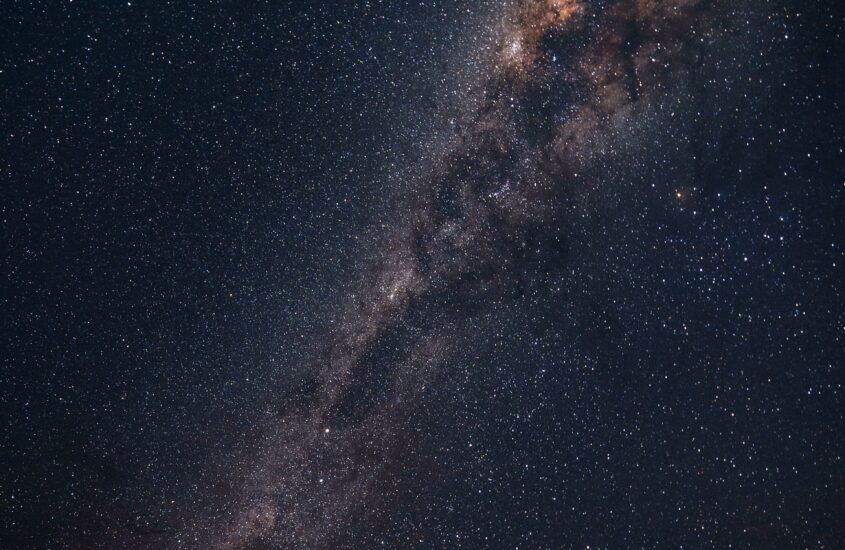
Tending to gardens takes care and an investment of time. I’ve been tending two gardens. One is a vegetable, culinary and medicinal herb, and pollinator garden on the unceeded territory of the Ocaneechi, band of the Saponi and Eno nations I steward here in North Carolina. This space has become a haven for me in times when anxiety and stress dim my light. It has seen a lot of me in the last 24 months due to the COVID-19 Pandemic. The land and the plants and the pollinators, frogs, snakes and birds can all hold all that I need to release. They sing to soothe me, dance in ancient patterns to heal me, perfume the air to inspire me. They are beloveds, all, and we have deepened our relational bonds during these unprecedented times.
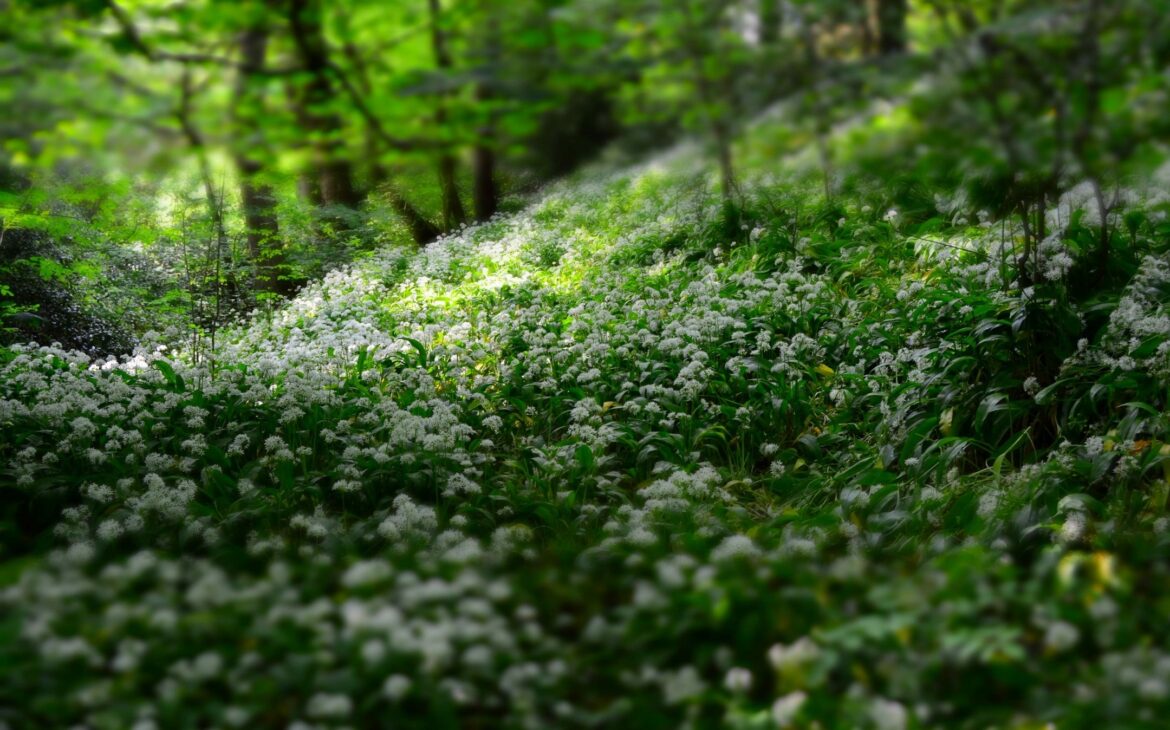
Getting so up close and personal with the other-than-humans has helped with the realization that we are more the same than we are different. In the garden, we are on cultural exchange, a language immersion like no other. Our ancestors greet each other, make introductions on down the line until we come to these living in the now bodies, and the bonds of necessity become apparent. We tell each other our truest names. We share water, breath, sometimes blood. We are most intimate, for we are kin. I miss them when I am even a day away. It is a heartache I cannot quite describe. We do each other worlds of good.
Here is where I share about the second garden. This is the garden of the spirit, the self. On first impression, one might see the intentional hardscape, the architecture and “good bones” of the place. One might also see that the beds are established–lots of compost and lots of the raw materials to make compost, a few perennials. And there are plants not intentionally cultivated, some may deem them weeds not knowing their origin or use. A few are noxious weeds. The garden of the spirit self is large, and there are quite a few unfinished projects. Our gardener tends to work intensely on the most unkempt sections, not quite finishing before another space grows out of control enough to garner their attention. The upkeep of this garden is most likened to putting out fires, catching the weeds just before they go to seed, or just as they begin to spread. It is quite a bit more challenging overall. And it is all because of a choice.
In the first garden, choices are made based on the needs of others: are there nectar and pollen sources available at all points during the growing season? Are there textures and scents that please the eye? How much water has come from rain, and how much more is needed? Who is the best companion for this plant/pollinator/bird? In the second garden, choices made are…complicated. These choices can have invasive roots or seeds that linger for many seasons to come. Some can utterly change the composition of the garden. There is the slow recovery from disease, containers outgrown and rootbound, shade where there might better be sun.
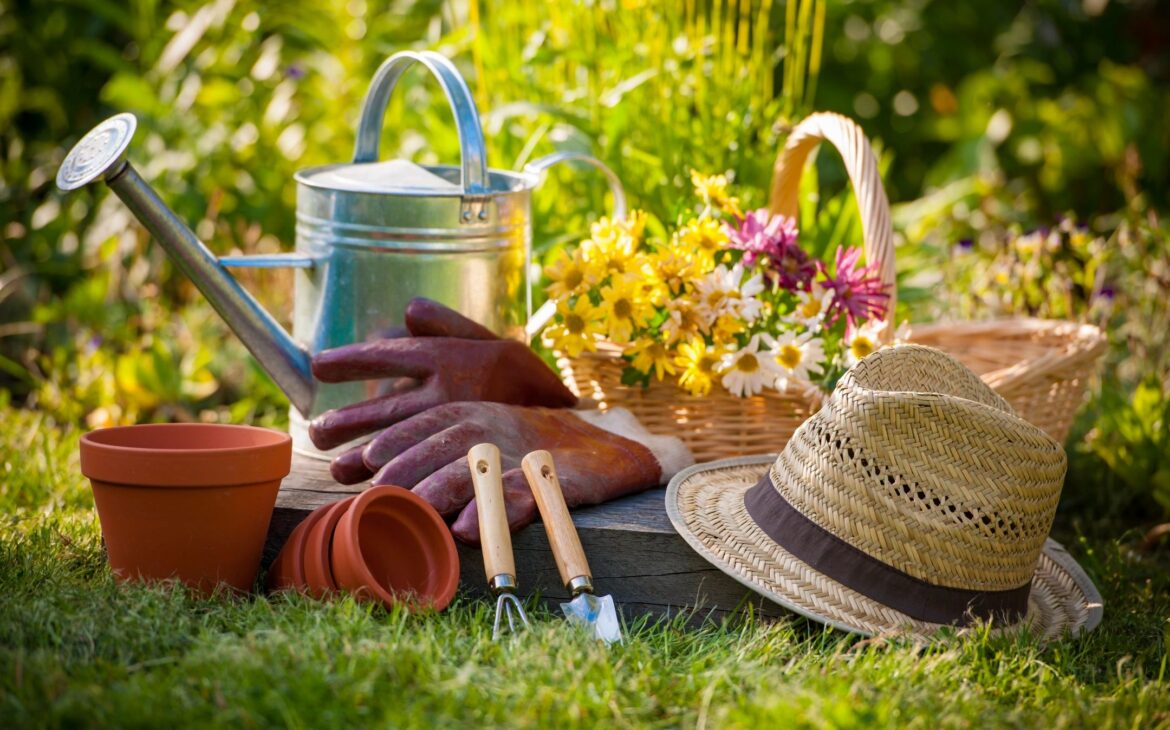
In the second garden, best practice is making choices for the gardener as much as for the garden itself. The space has an integrity and a delicate balance of various soil amendments, light, hydration, and above all, keep up on those weeds! It can be messy, full of sweat and tears. It is exhausting and very often hard work. Sometimes you will want to give up, just let what’s going to grow have it’s way. To do so is to be out of alignment with the spirits of place, the ancestors, and the other-than-humans who sacrificed so much for this garden to even exist.
In an entire universe, of all the trillions of possible places and times this garden could have existed, this molecular machine brought to live, there is a real debt and exchange of energy to be made in reciprocity and gratitude. To avoid showing up for this, for healing, for living life fully feels like flagrant disrespect to me. Knowing this, how can we choose otherwise? And so, it is here that I also toil, for the work seems endless. Each time I show up for a weeding session, I feel it is cultivating my capacity for joy, my resilience to those moments of anxiety and self-doubt. I feel the purpose and the power here. Some mornings, I even think I can hear my brothers and sistars cheering us on.

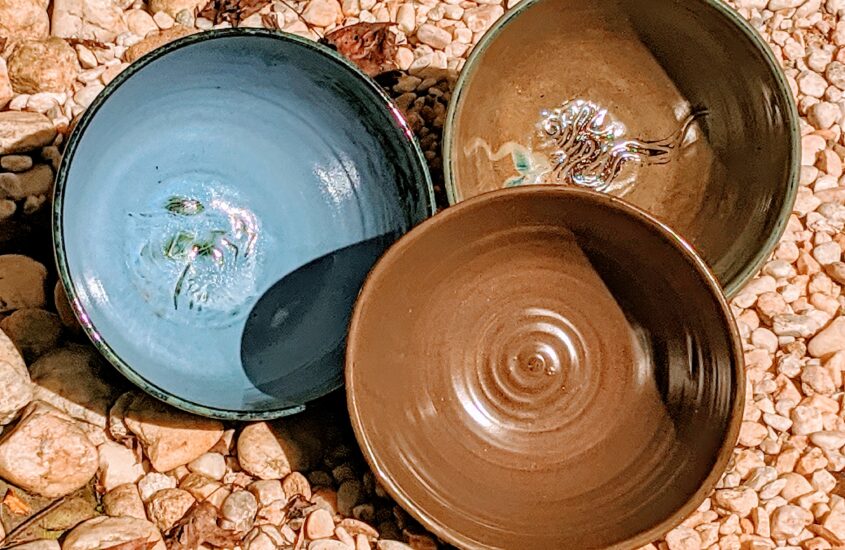
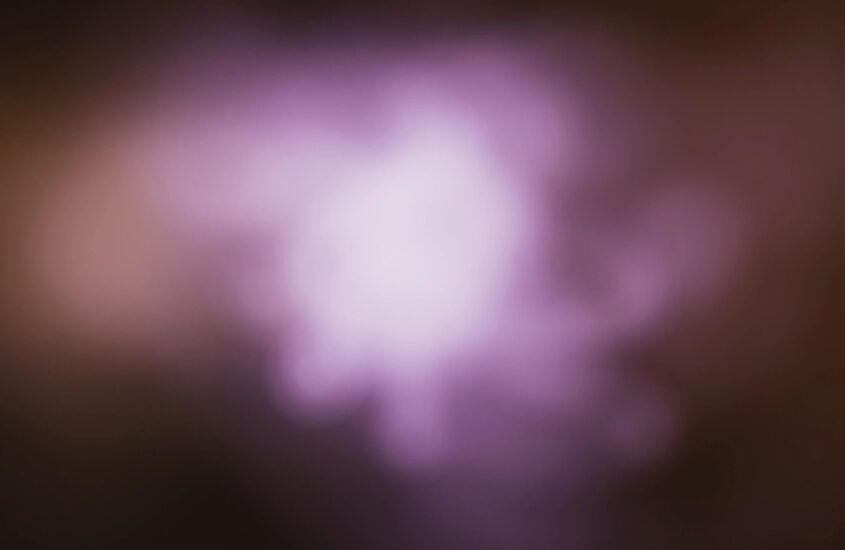
Frequencies